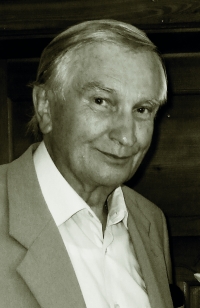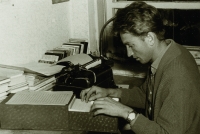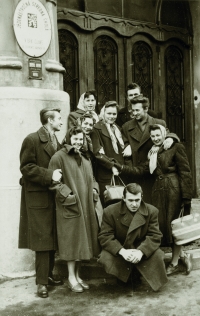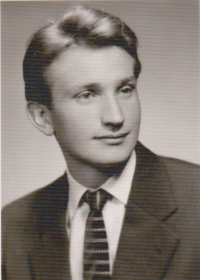Creative work against totalitarianism

Stáhnout obrázek
Augustín Maťovčík was born on August 19, 1937 in the village of Breza in the upper Orava as the first-born son in the eleven-member family of the farmer Jozef Maťovčík (1909 - 1973) and mother Emilie, née Kucekova (1912 - 1976). After graduating from the grammar school in Trstená and the Eleven-year high school in Námestovo, he studied at the University of Education in Bratislava in the years 1955 - 1959. From 1959 he worked in the Literary Archive of the Matica slovenská in Martin. From 1967 to 1968 he worked at the Institute of Slovak Literature of the Slovak Academy of Sciences in Bratislava, then again worked at Matica slovenská in the Biographical Department, later as a long-term director of the National Biographical Institute. He lives in Martin.




